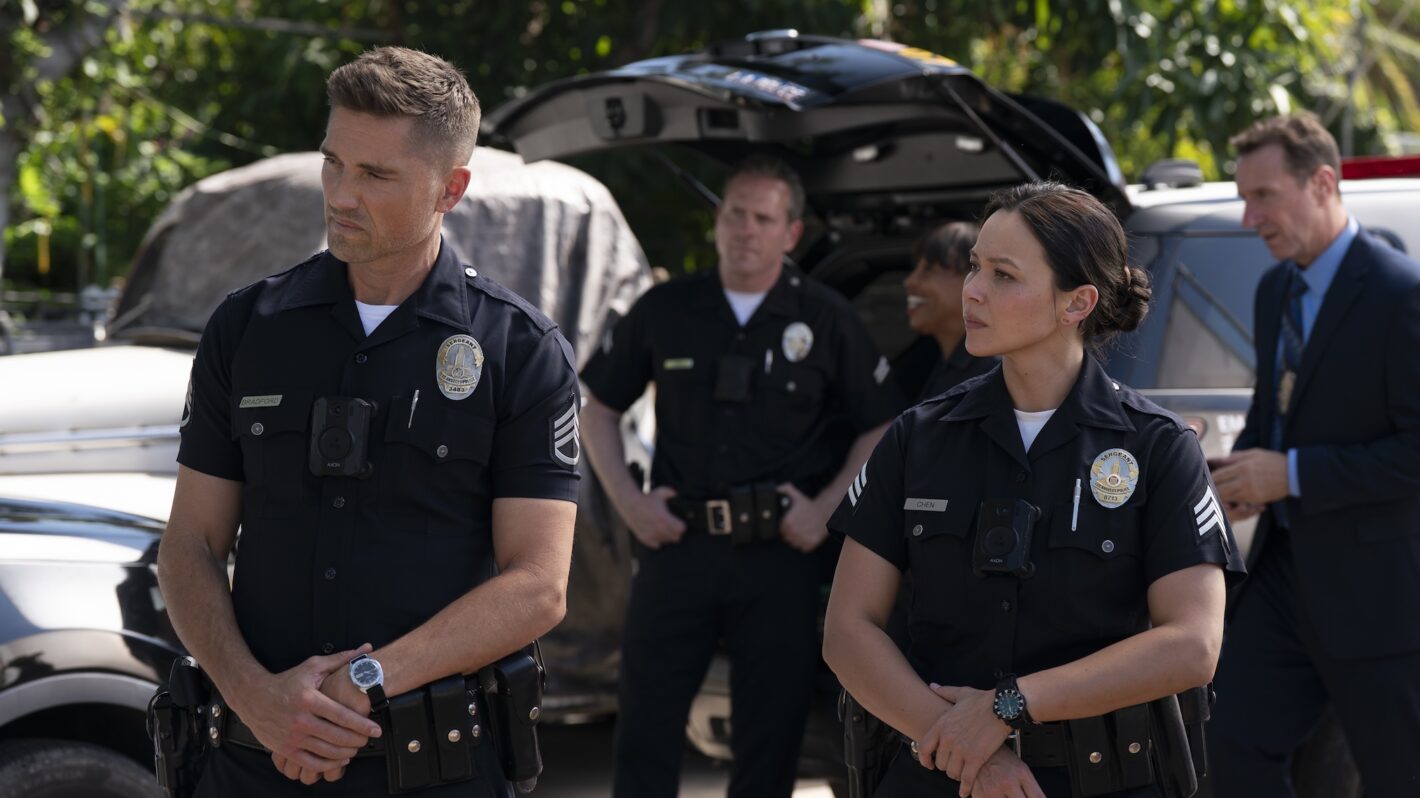
On Wednesday, March 15, Billboard editor Taylor Mims moderated a panel at SXSW that discussed the touring industry’s post-pandemic status. Featuring panelists Sara Mertz (VP of music partnerships at Tixr), Liz Norris (partner at Activist Artists Management) and Sarah Tehrani (music touring agent at WME), the panelists voiced concerns about saturation on the road, rising touring costs and the increase in specialized live experiences.
Mertz recalled how as quarantine restrictions lifted and tickets went back on sale, there was “lots of excitement” and a massive rush back to get back the road. But then the industry was then hit with subsequent variants, leading to cancellations en masse. “What we’ve been experiencing the last few years is a pendulum,” she explained.
And while Tehrani added that she has hopes for the industry to level out next year — for which agents at WME are already booking now — Norris explained that “nothing will be the exact same as it was in 2019,” given consumer behavior has changed over the last few years, along with other factors.
“People want a more specialized, curated experience than ever,” said Tehrani. “Rather than these big, throw-everything-at-the-wall-and-see-what-sticks festivals that are focused on going and discovering new music, we’re seeing more interest in boutique festivals.” For example, music fans seem more interested, in Tehrani’s approximation, to see a one-day legacy hip-hop festival than ever, and meanwhile larger-scale, broad appeal festivals are struggling to get the same sales as they once did.
Some artists Tehrani works with, like R&B singer-songwriter UMI, have even tried incorporating new elements to make their tours stand out, like adding in a meditation practice offered as a VIP experience at her shows to boost fan engagement and spread her passion for wellness.
Such experiences are becoming more crucial as the cost of touring continues to rise with inflation — and as a result of cutbacks on positions like bus drivers and sound engineers — leaving consumers to be pickier about which shows they attend.
But still, this strategy is challenged by a high no-show rate. “Attrition remains an issue,” said Mertz. “I don’t know what it is. I was just meeting with a couple of clients last night and they’re like, ‘We don’t understand it, at our sold-out shows, still 20-25% of people are not showing up. Why?’”
In 2021 the issue was attributed to lingering pandemic concerns, but now one of the only explanations the panelists provided was the possibility of increasingly cunning scalpers. “I do think that scalper activity has increased a lot over the last few years,” said Mertz. “It’s a business now.”
For Norris, whose management firm represents Dead & Company (along with Irving Azoff), Michael Franti, and The Lumineers, she said one of the industry’s most pressing concerns is “to do a lot of work to make sure the fans aren’t the ones that pay the price” of today’s higher touring costs.
At the same time, the panelists did identify some positive changes that have emerged in live music over the last few years. “Mental health is now at the forefront,” said Norris.
“Having a therapist and physical therapists on the road is new,” added Tehrani. “We’ve always had vocal coaches and stuff like that, but people are definitely thinking about how to take better care of each other. That’s a very good thing”




























